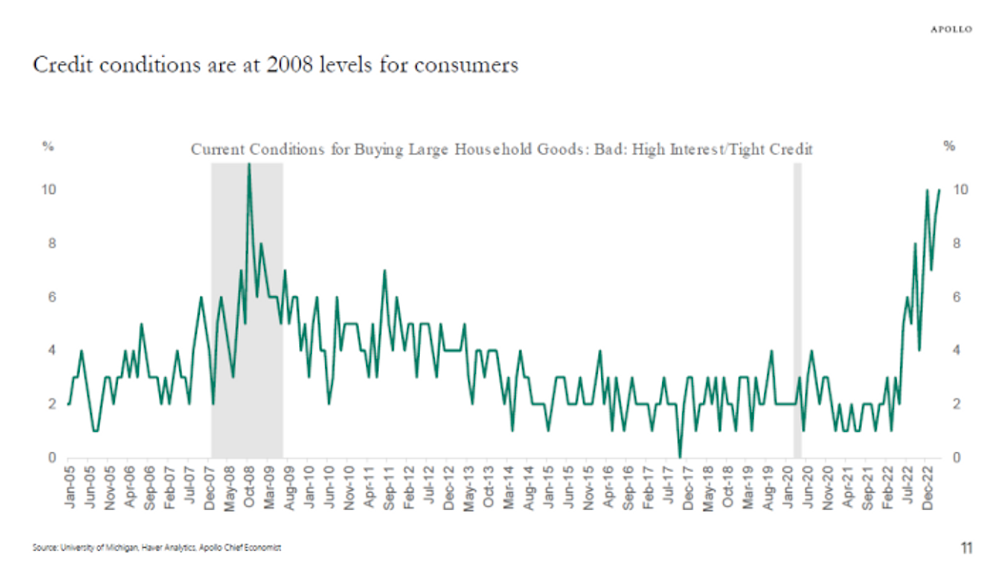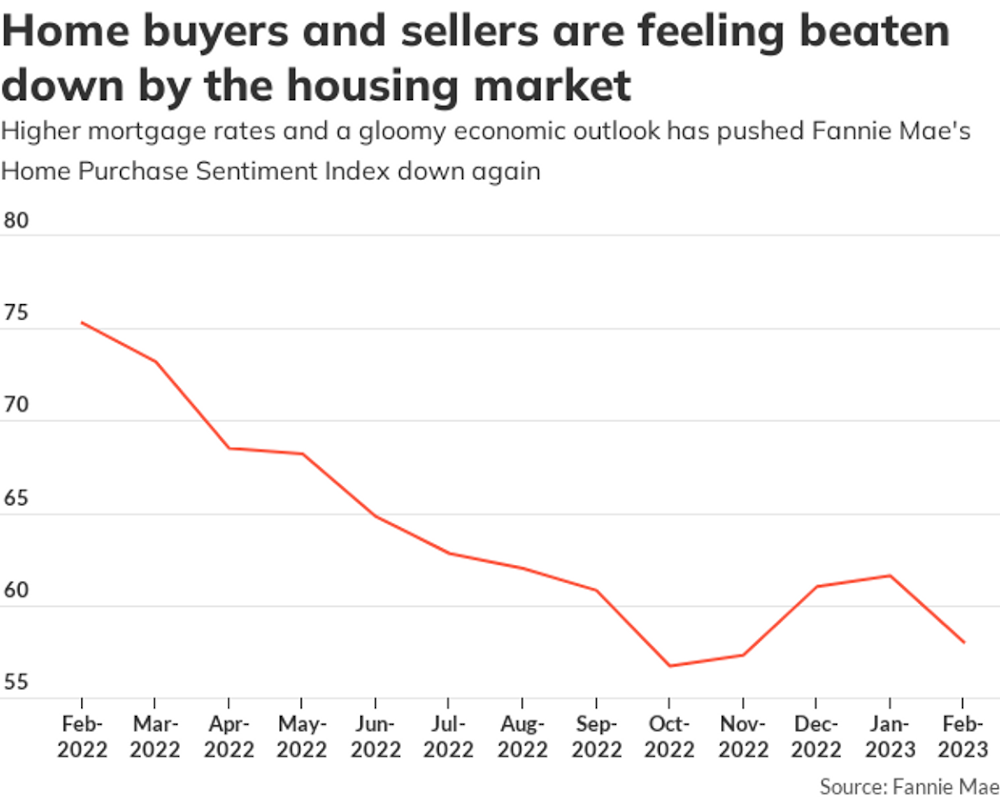WASHINGTON (MarketWatch)
The global economy remains "quite vulnerable" to
financial shocks, as recent data from the U.S. and China are consistent with a
slowdown and it looks like Europe is in a recession, Boston Fed President Eric
Rosengren said at a banking forum in Bangkok, Thailand, according to a
transcript of his remarks
Rosengren, who isn't a voting member this year on the
Federal Open Market Committee, said the vulnerability highlights "why it is
particularly important at this time to reduce the probability, and mitigate the
severity, of any potential financial shock."
A serious financial shock would
make it "quite likely" that there would be a large impact on financial and
broader stocks that could impact households and businesses on both sides of the
Atlantic and cause a significant retrenchment by European financial institutions
operating in the U.S
Rosengren says he is more pessimistic than his Fed
colleagues, on concerns about the economic and financial conditions in Europe
and restrained state and federal government spending
Welcome
stock market phases theorem.
Chief Artificial Intelligence.
Academic training in Fundamental Mathematics.
IA basada en Razonamiento Humano
Billie, Founder with academic training in Fundamental Mathematics and professional experience in Large Multinationals in the Information Technology sector, having held positions in high-level management positions, maintains that it is time to reduce Unproductive Public Expenditure and help the Private Sector in everything that is possible.
Cortesía de Investing.com
Cortesía de Investing.com
Agenda Macro
Calendario económico en tiempo real proporcionado por Investing.com España.




















No hay comentarios:
Publicar un comentario